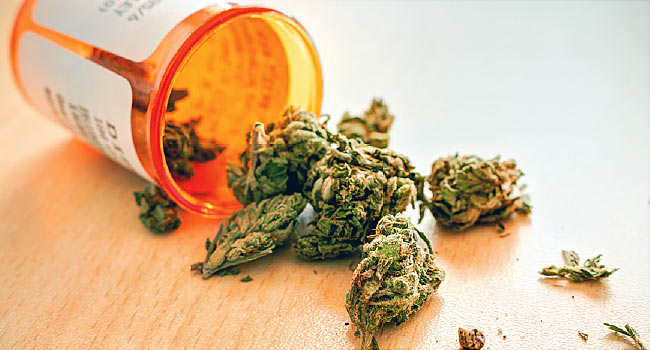In 1970, the then US President, Ronald Reagan, signed into law the Controlled Substances Act, which categorized cannabis as a Schedule I drug, the highest ranking there is. This meant that it had been established as having a high abuse potential with no medicinal value. This inhibited the use of the substance, which had at the time been undergoing several scientific studies to ascertain cannabis benefits in treating chronic pain Shiva’s online dispensaries.
Cannabis goes by several street names, driven mostly by a need to keep discussions on it discreet, given its illicit nature. Only recently, with the legalisation of cannabis in several states in the USA, as well as other countries, has there been more mainstream research into the effects of cannabis. One of the main effects that have been noted is the reduction of chronic pain. Cannabis has become an unofficial drug of choice in hospices and patients who were being given palliative care, as well as for patients dealing with chronic epilepsy. In fact, this was one of the main ways through which cannabis became legal, touted for its medicinal benefits. Further research and advocacy work have led it to be approved for recreational use in several jurisdictions. Medical use, however, remains a notable use for cannabis, especially when it comes to pain relief.
Less likelihood of addiction
Popular culture propagated the notion that cannabis is not addictive, thus making it the perfect drug. Recent studies however show that cannabis is addictive, but only after prolonged frequent use, unlike other drugs like opioids, which are heavily in use in modern medicine. Opioid drugs have caused devastating effects on patients, with as many as 29% of them ending up getting hooked on the drugs long after their medical conditions have ended, with some even ending up homeless and buying street drugs. This has triggered one of the largest substance use crises the world has seen, more popularly known as the “Opioid Crisis”. This has made cannabis preferable for use as a pain relief remedy, given its relatively low addictive nature.
Lower chances of overdose
There has not been any documented case of cannabis overdose to date. This is quite reassuring of its safety for use on patients, as well as making it easy to administer and distribute, without the fear of misuse and overdose by patients and their caretakers. More research needs to be done into drug interactions with other medications that patients might be on, but for now, moderate use of cannabis continues to be a relatively safe, easy-to-administer therapy for chronic pain.
With the progressive decriminalization of cannabis, there has been more research into the drug, and it remains to be seen what other benefits can be attributed to its use. In the meantime, patients who are suffering from conditions that cause chronic pain can continue to breathe easy knowing they can take advantage of cannabis benefits in treating chronic pain.
